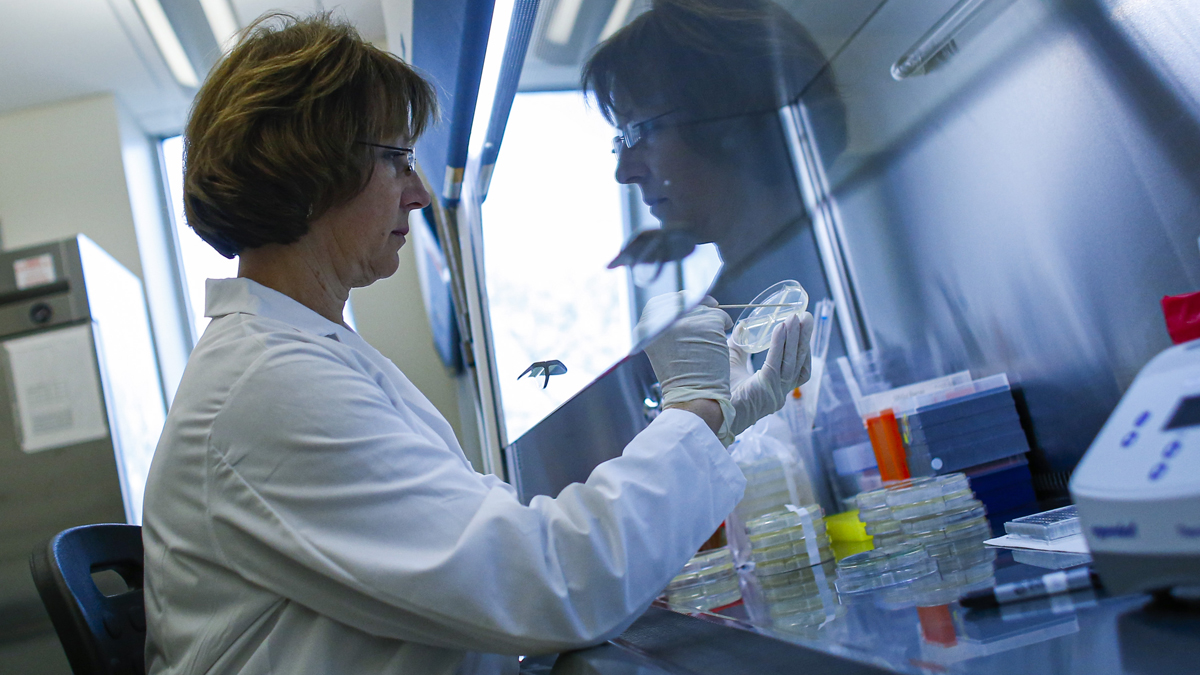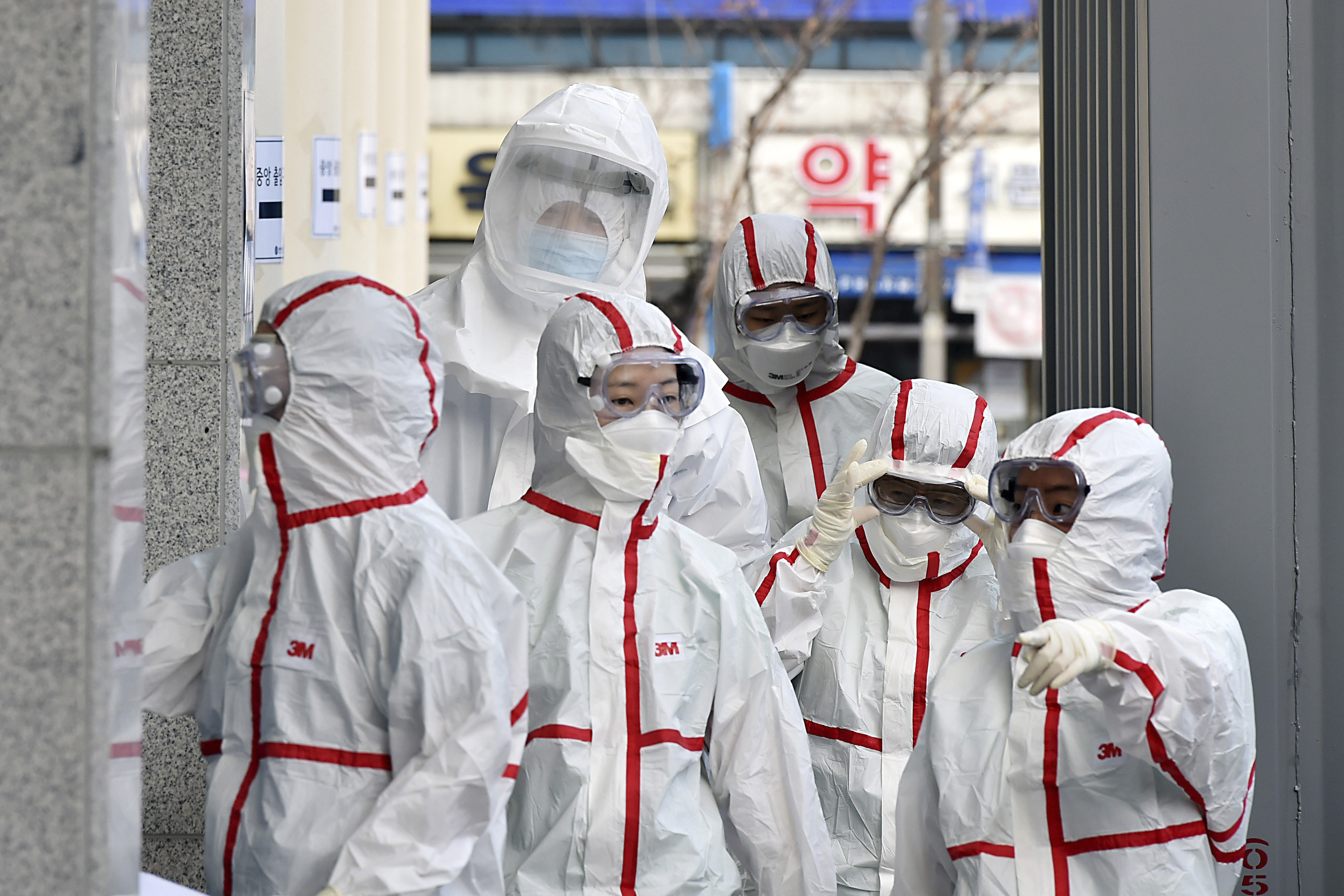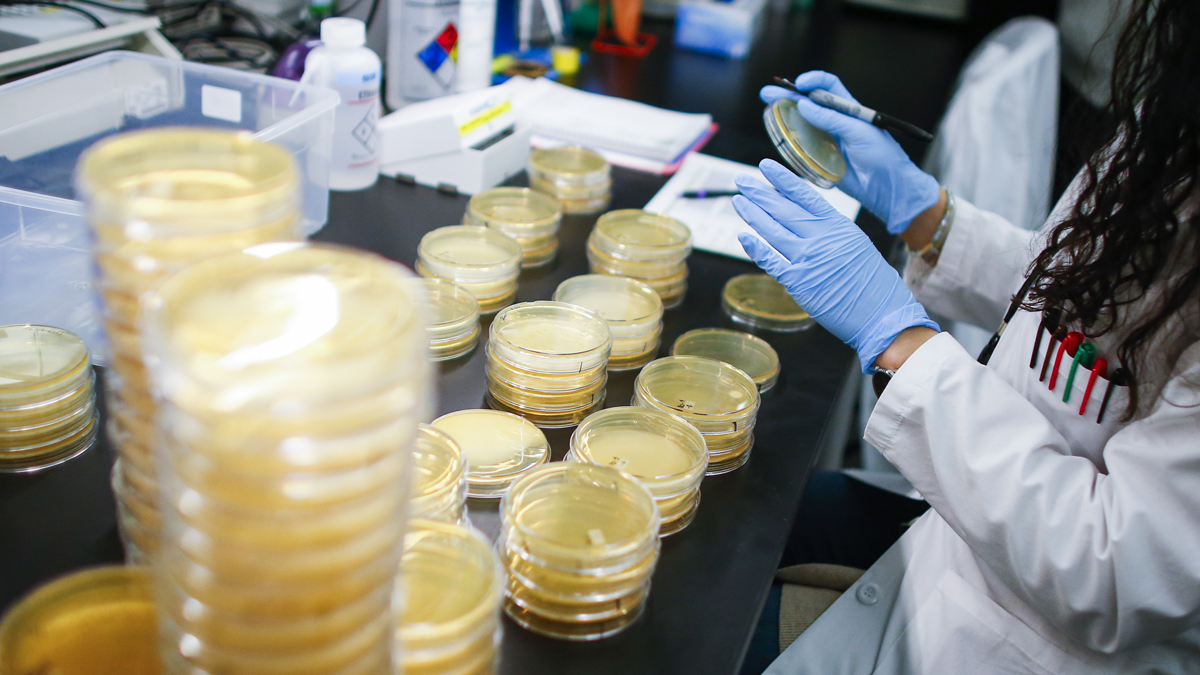With the recent discovery of several people in Florida testing positive for coronavirus, concern has picked up about the virus, and with that has come various myths that can range from incorrect to downright dangerous.
Since the World Health Organization declared a global emergency in late January, health officials have been working not just on a potential vaccine – which does not exist at the moment – but also educating the public on what myths to avoid believing.
CORONAVIRUS LATEST
Here are some of the top myths to avoid, according to research from Johns Hopkins Medicine, the WHO and the Centers for Disease Control and Prevention.
- DON’T gargle with bleach or take acetic acid or steroids as doing so can be extremely dangerous. Health experts say the best way to protect yourself is by washing your hands frequently and avoiding close contact with sick people.
- DON’T avoid ordering items that are shipped from China or avoid eating at restaurants that use Asian-based products or foods. Scientists say that most viruses can not last long on surfaces, so items shipped several days before are likely safe. As for your favorite Chinese food location, experts say you’re more than likely going to be just fine.
- DON’T shave off your beard and cover your face with a mask. While they can protect healthcare workers, they do not prevent the potential virus the way other protections do and the run on masks has put a potential shortage out there for medical personnel.
- DON’T get a flu shot and think you are going to be safe. COVID-19, the scientific name for the coronavirus, is something that cannot be prevented by medication designed specifically for influenza.
Experts say addressing the symptoms of coronavirus - for example, reducing fever - is one way to treat the disease. Severe cases may require hospitalization, scientists say.
-DON'T worry about your pet. According to the CDC, there is no evidence that companion animals including pets can spread COVID-19. "However, since animals can spread other diseases to people, it’s always a good idea to wash your hands after being around animals," the agency said.
The best way to avoid getting the virus or spreading it? Researchers say stay home from work or school if you’re sick, cough into the crook of your elbow and use soap and hot water when washing your hands.




